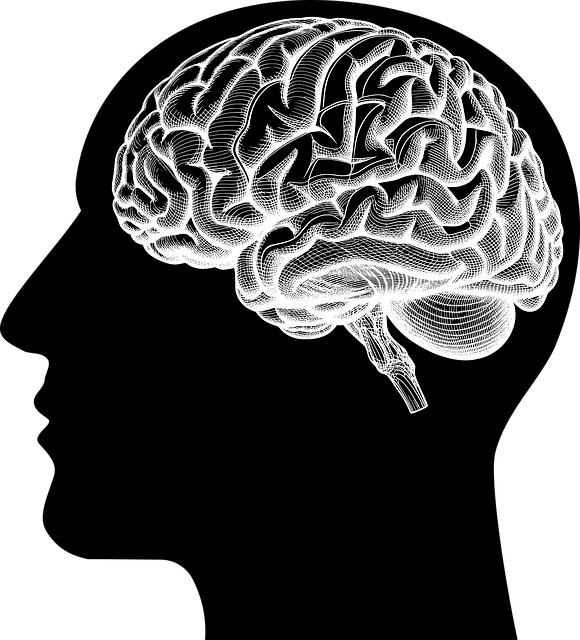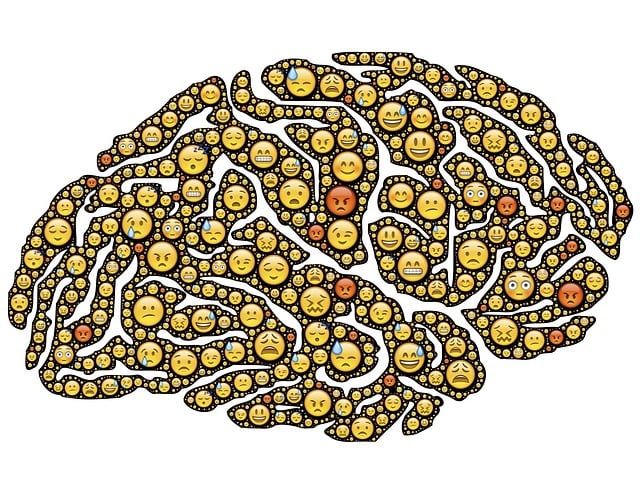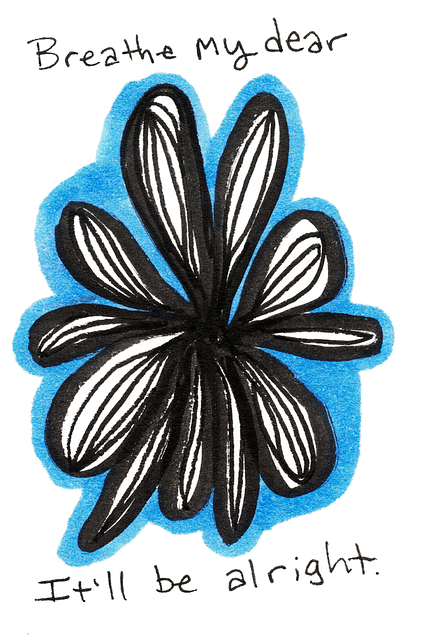Resilience is key to mental wellness, and Superior Alcohol Abuse Therapy leverages the RFM (Resilience, Flexibility, Mastery) framework to empower individuals in navigating adversity. This holistic approach integrates exercise for improved mental fortitude, releasing neurotransmitters like serotonin and dopamine. By analyzing Risk, Frequency, and Motivation (RFM), therapists can tailor personalized treatment plans, enhancing diagnosis accuracy and outcome improvement. Stress management workshops and emotional well-being promotion techniques are customized based on RFM assessments, fostering a robust therapeutic environment that supports breaking free from destructive patterns.
Resilience is a key component to overcoming challenges, especially in the context of superior alcohol abuse therapy. This article delves into the concept of RFM (Recovered, Fortified, Motivated), a framework designed to build mental fortitude and resilience. We explore how exercise plays a pivotal role in enhancing this process, offering practical strategies for integrating RFM into therapeutic practices. By understanding these principles, professionals can empower individuals to navigate life’s hurdles with greater ease and confidence, even in the face of superior alcohol abuse therapy.
- Understanding RFM: A Framework for Resilience
- The Role of Exercise in Building Mental Fortitude
- Integrating RFM into Superior Alcohol Abuse Therapy
Understanding RFM: A Framework for Resilience

Resilience is a vital component of mental wellness, enabling individuals to navigate life’s challenges and adapt to change. The RFM (Resilience, Flexibility, and Mastery) framework offers a structured approach to building this crucial resource. It recognizes that resilience isn’t just about enduring hardship; it’s about thriving despite adversity. By fostering self-awareness exercises and promoting healthy self-care practices, individuals can develop a deeper understanding of their triggers and responses, leading to superior anxiety relief.
Superior Alcohol Abuse Therapy incorporates RFM principles to help clients break free from destructive patterns. Flexibility is cultivated through exposure to diverse experiences, while mastery is achieved by setting and achieving personal goals. This holistic approach not only equips individuals with effective coping mechanisms but also empowers them to embrace change and grow from their experiences, ultimately enhancing overall well-being and quality of life.
The Role of Exercise in Building Mental Fortitude

Engaging in regular exercise is a powerful tool for building mental fortitude and resilience, which are essential components of Superior Alcohol Abuse Therapy. Physical activity stimulates the release of neurotransmitters like serotonin and dopamine, known as “feel-good” chemicals, that can improve mood and reduce symptoms of depression and anxiety. This effect not only enhances overall well-being but also strengthens an individual’s ability to cope with stress and adversity, making it a valuable component in mental health education programs design.
Moreover, exercise fosters cultural competency among healthcare providers by promoting understanding of diverse populations’ unique needs and preferences for physical activity. Incorporating these insights into treatment plans can lead to more effective Depression Prevention strategies tailored to individual patients, reflecting the principles of Healthcare Provider Cultural Competency Training.
Integrating RFM into Superior Alcohol Abuse Therapy

Integrating RFM (Risk, Frequency, and Motivation) into Superior Alcohol Abuse Therapy offers a powerful framework for enhancing treatment outcomes. By incorporating this model, therapists can gain deeper insights into an individual’s relationship with alcohol, tailoring interventions to address specific needs. RFM analysis enables mental health professionals to identify high-risk individuals, understand the frequency of their drinking episodes, and explore the underlying motivations driving these behaviors. This comprehensive approach not only improves accuracy in diagnosis but also facilitates more personalized treatment plans.
In a therapeutic context, Risk Management Planning for Mental Health Professionals becomes an essential tool when integrated with RFM analysis. Therapists can use this information to anticipate potential triggers, design proactive strategies for risk mitigation, and equip individuals with effective coping mechanisms. Additionally, Stress Management Workshops Organization and Emotional Well-being Promotion Techniques can be tailored to address the unique needs revealed through RFM assessment, fostering a more robust and supportive therapeutic environment in the Superior Alcohol Abuse Therapy setting.
Resilience is a powerful tool in the fight against alcohol abuse, and integrating RFM (Recovery-Focused Exercise and Mindfulness) into treatment plans can significantly enhance the effectiveness of Superior Alcohol Abuse Therapy. By combining exercise with mindfulness practices, individuals engage in a holistic approach that strengthens mental fortitude and fosters long-term recovery. This comprehensive strategy not only addresses the physical aspects of addiction but also empowers individuals to navigate life’s challenges with enhanced coping mechanisms, ultimately leading to improved outcomes in their journey towards sobriety.










